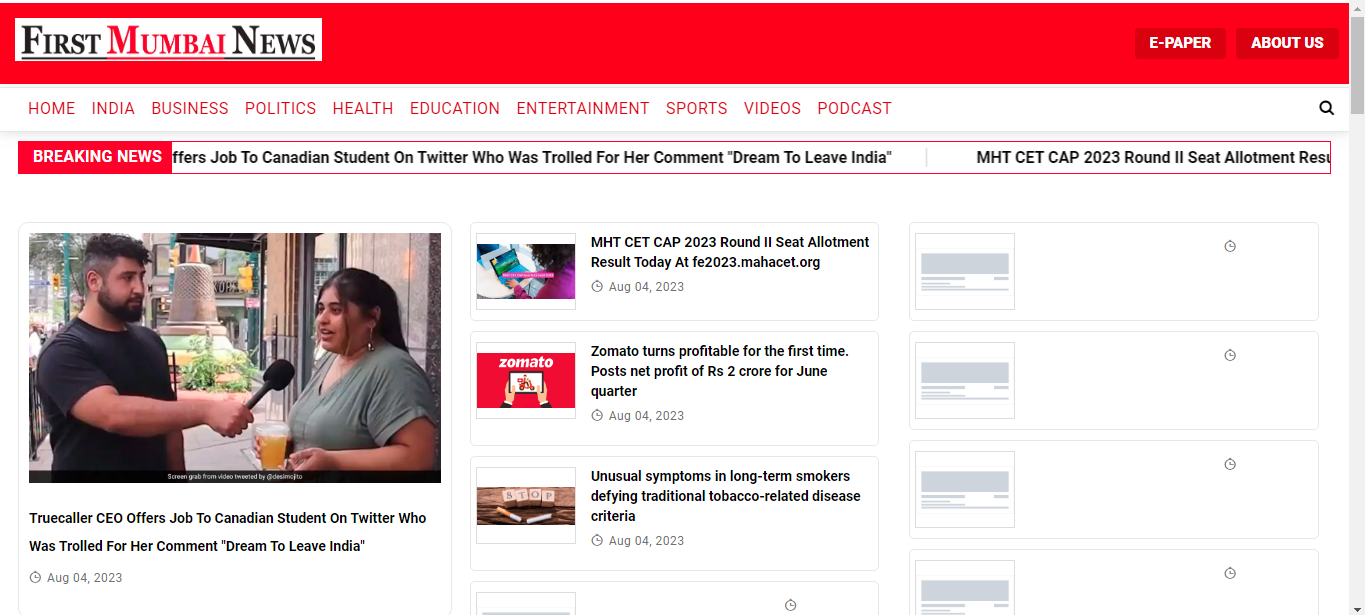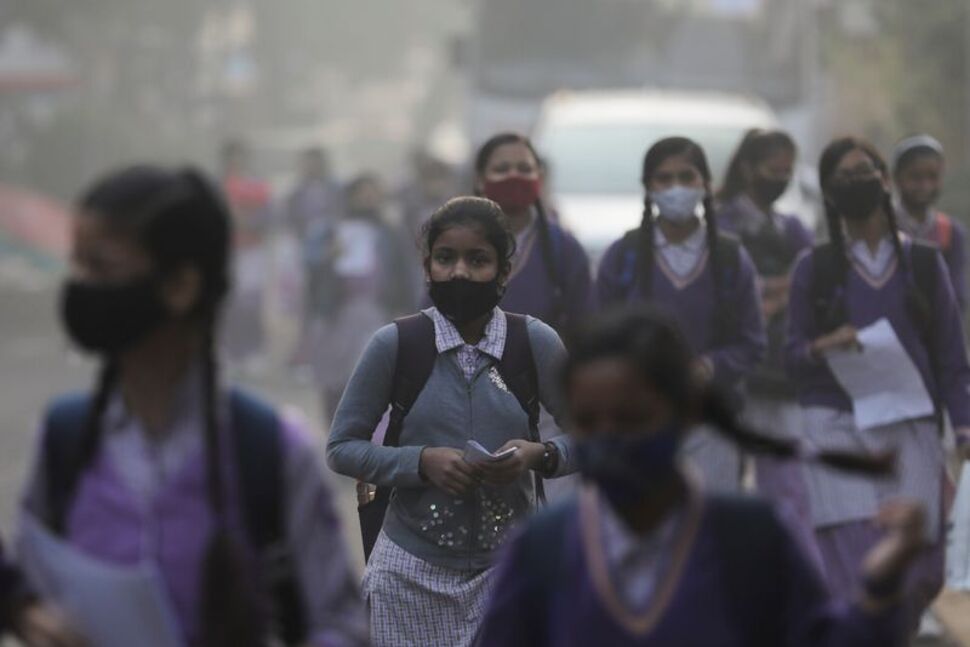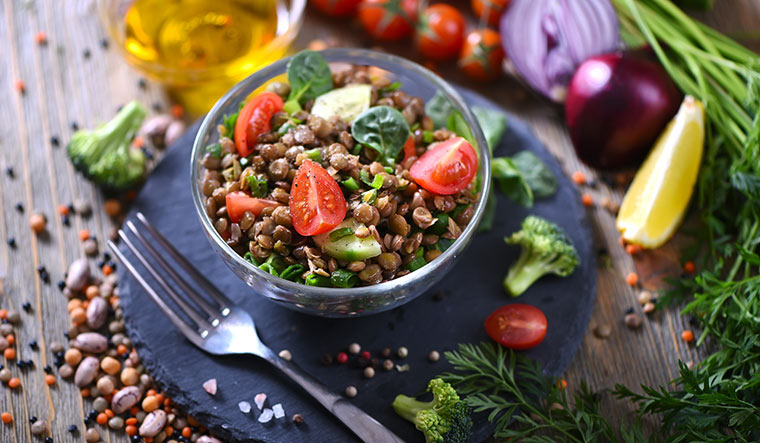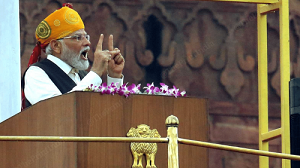
POLITICS
Women in LS not without dynastic ties — 55% have political links, 23 with serving or ex MP/MLA spouses
- Admin
- Sep 25, 2023

Women in LS not without dynastic ties — 55% have political links, 23 with serving or ex MP/MLA spouses
Number of women MPs in Lok Sabha to go up from 82 to 181 once provisions of women's reservation bill come into effect. But women from political families may initially continue to dominate.
More than half of the women members in the current Lok Sabha — about 55 percent to be precise — are dynasts or come from political families, indicating that women from non-political backgrounds may have a lower share in political power, showsanalysis of data available on the Digital Sansad website
This is, however, expected to change when the women’s reservation bill, which provides for one-third reservation for women (about 33 percent) in the lower house of Parliament and state assemblies, comes into effect. The bill was cleared by both houses of Parliament last week, but will come into effect following the next census, and delimitation of constituencies based on that census.
With the implementation of the reservation, likely by 2029 or later, the number of women MPs in the 545-member Lok Sabha is expected to surge from the current 82 to 181.
Of the existing 82 women Lok Sabha MPs, 45 are dynasts, according to analysis. The dynasts include those whose family members were or are members of any of the Houses of Parliament or state legislatures. These family members include spouses, in-laws or blood relations.
When it comes to having an elected representative as spouse, of these 45 women Lok Sabha MPs, the husbands of 23 are currently, or were, MPs or MLAs, the analysis shows.
Political analysts believe that the trend of women MPs from political dynasties would continue initially, after the reservation bill’s implementation, but things might change with emergence of more women leaders at the grassroots-level.
Speaking to about women MPs hailing from dynastic backgrounds, Professor Sanjay Kumar from the Centre for the Study of Developing Societies, said the “matter would be of concern initially”.
“We cannot expect all of a sudden that one-third or 181 women MPs would come (forward to fight elections). I am not saying that 181 women won’t be found that can be given tickets. The concern would be that all parties will try to give tickets to women who can win. It is likely that proxy candidates will come up. And proxy candidates will largely come from political families — wives, sisters, mothers and daughters (of men in positions of power).”
He added that the dynastic trend would continue initially but “in the time to come, it may as well change”.
Kumar further claimed that the reason women are underrepresented in the Lok Sabha and assemblies is that “parties just don’t give tickets”.
“Parties only give tickets to those candidates who they think can win elections. The probability to win, parties feel, is higher when a women leader is from a political background. That is why, most of the women who have got elected in the past seem to be coming from a [political] dynasty. The fact is that women candidates from non-dynastic backgrounds are barely ever given a ticket,” he claimed.
Rasheed Kidwai, another political analyst, was of the view that dynastic background has helped women in politics, especially at the entry level.
“Dynastic culture is anti-democracy because it means giving undue advantage. At the same time, dynastic culture has in fact helped women. Therefore, when you come across such statistics, it makes you wonder if the [political] dynasty is too bad or whether it is part of the system which is providing something positive,” he said.
Raising concern about “women workers not being able to come forward at the ground-level”, Kidwai added, “(former Congress president) Sonia Gandhi and some other women have made it big by virtue of their dynastic background, but otherwise women are not made party presidents or put in influential positions. Women have to fight very hard”.
All this, however, might change now with 454 Lok Sabha MPs voting in favour of, and only two against, the women’s reservation Bill last week, indicating a willingness among political parties to give tickets to women in larger numbers.









